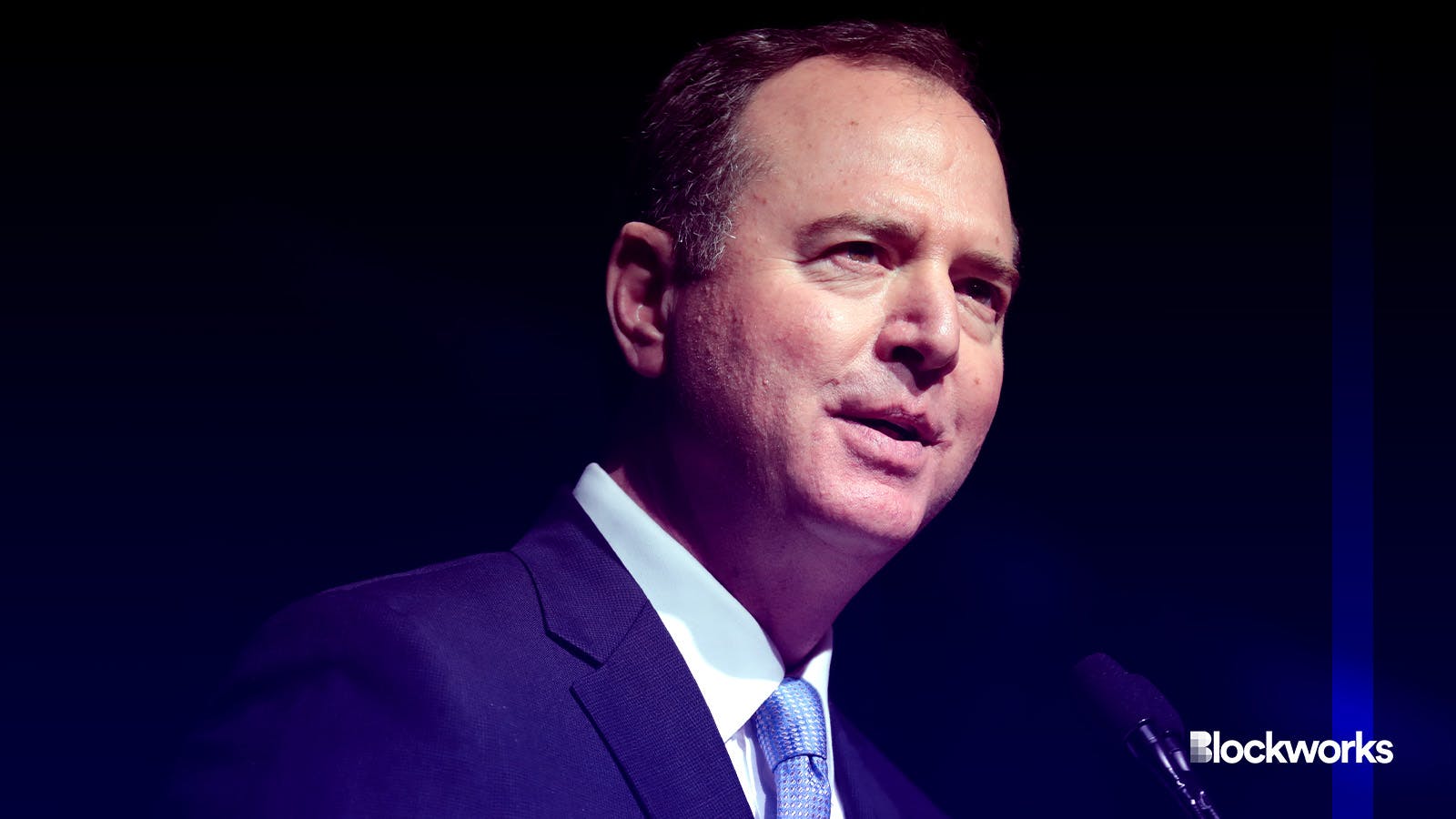Crypto PAC-backed candidates sweep in US election primaries
Congressional hopefuls from Texas, California, North Carolina, Alabama, Indiana and West Virginia seem to be benefitting from last-minute donations from crypto super PACs

Rep. Adam Schiff, D-CA | Gage Skidmore/"Adam Schiff" (CC license)
As the results from Super Tuesday races across the US trickle in, some of the financial contributions from several crypto-focused political action committees appear to have paid off.
Congressional hopefuls from Texas, California, North Carolina, Alabama, Indiana and West Virginia accepted eleventh-hour help from crypto-geared super trio PAC Protect Progress, Fairshake and Defend American Jobs — and many of them appear to be winning.
In what appears to be a successful use of funds, Fairshake doled out more than $10.1 million in recent weeks on advertisements and air time against Rep. Katie Porter in California’s open primary for a US Senate seat, according to Federal Election Commission filings.
Read more: Coinbase, a16z boost super PAC donations as US Senate races intensify
Porter, a Democrat, currently serves in the US House but was vying for the late Sen. Dianne Feinstein’s seat. She lost in Tuesday’s primary to Rep. Adam Schiff, D-CA, who will face Republican Steve Garvey in November.
“We are standing up for California jobs and innovation,” a Fairshake representative said last month on the multimillion-dollar TV and digital media push against Porter.
The pro-crypto Democratic super PAC Protect Progress spent around $1.7 million between the end of January and the end of February supporting newcomer Shomari Figures, who advanced to a runoff election Tuesday, filings show. Figures will face off against Democratic Alabama state Rep. Anthony Daniels on April 16.
Figures, who has no prior public office experience, gave voters little to go off of when it comes to his crypto views, save for a line on his campaign website promising to “embrace the evolving digital asset landscape.”
Read more: Need an edge in the 2024 presidential election? Look to crypto.
According to filings, Protect Progress also spent just under $1 million on advertisements and air time supporting Texas state Representative Julie Johnson, who advanced Tuesday in her effort to take over Rep. Colin Allred’s, D-Texas, soon-to-be-vacant seat in the US House.
The Defend American Jobs super PAC, the Republican crypto-focused effort, donated to the most candidates, spending around $4 million backing four Republicans in recent weeks, filings show.
North Carolina state legislators Tim Moore, who currently serves as speaker of the House, and John Bradford, General Assembly member, competed in Tuesday’s primary for separate seats in the US House.
Moore won while Bradford lost to Mark Harris. Harris previously made headlines when, after an apparent victory in the 2018 Congressional election cycle, his campaign was linked to an alleged ballot harvesting scheme. A new election was ultimately held in which Harris did not participate.
Read more: Rarimo introduces ZK-based voting tool for secure, anonymous participation
Harris called the situation “manufactured” last September when he announced a new bid for office.
Defend American Jobs spent more than $500,000 on each Moore and Bradford in February.
Looking ahead, Defend American Jobs has put money into upcoming primaries in May in West Virginia and Indiana.
The super PAC spent more than $1.5 million backing Rep. James Banks, R-Indi., before an Indiana Supreme Court ruling kicked his only opponent off the ballot. Banks is now running unopposed in the state’s Republican primary May 7.
Defend American Jobs put another $1.5 million behind West Virginia Governor and US Senate-hopeful Jim Justice who will be on the ballot on May 18.
Get the news in your inbox. Explore Blockworks newsletters:
- The Breakdown: Decoding crypto and the markets. Daily.
- 0xResearch: Alpha in your inbox. Think like an analyst.






